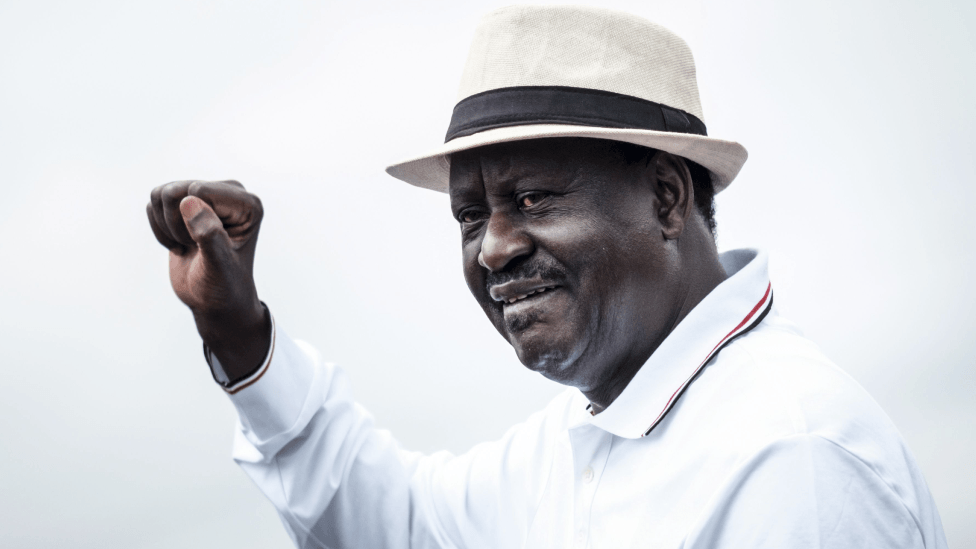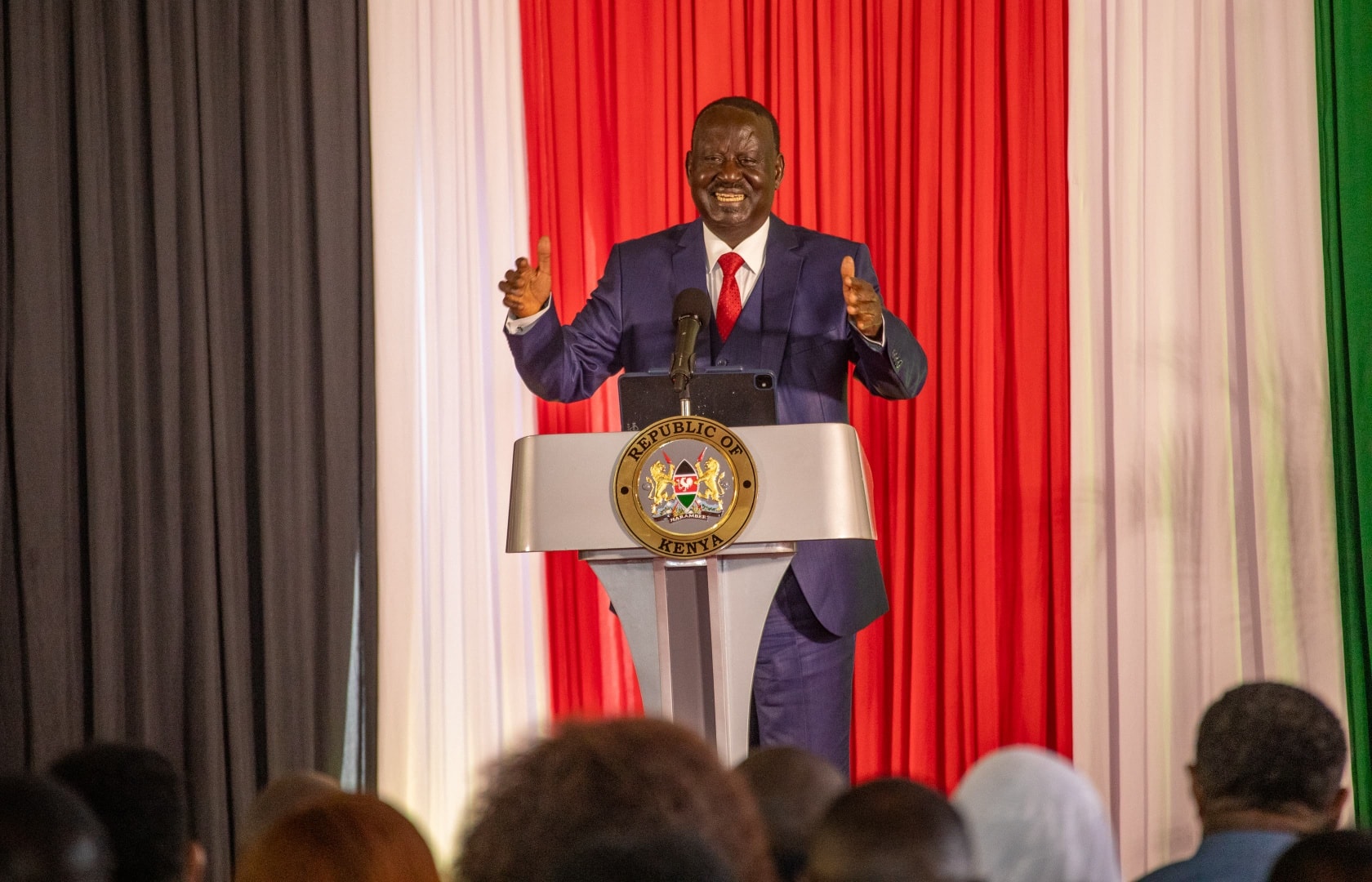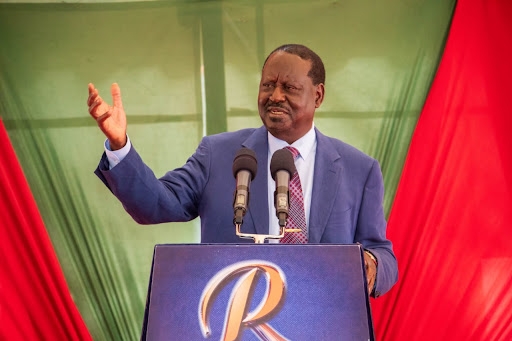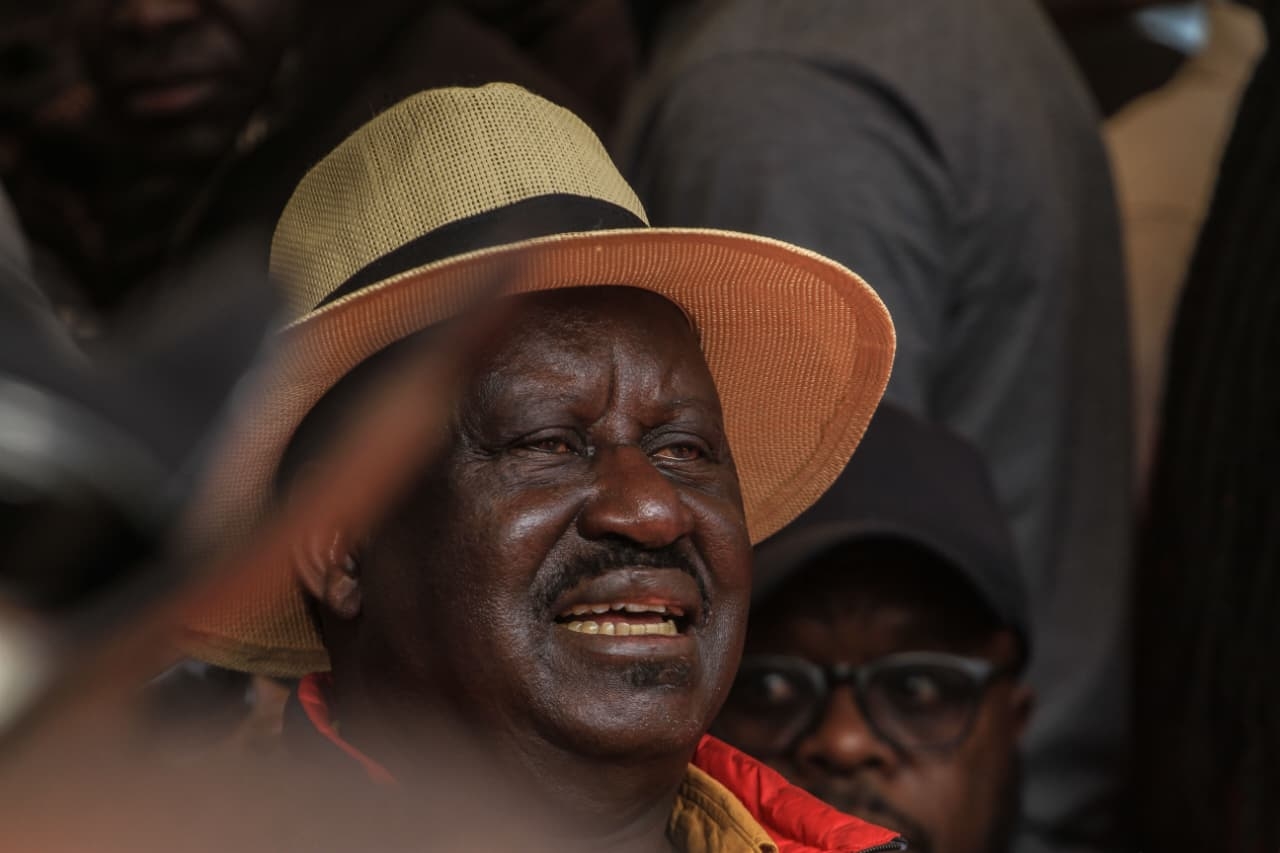

In Kenya's political history, few moments have had as profound an impact as Raila Odinga’s emphatic declaration of “Kibaki Tosha!” in 2002.
The phrase marked a political turning point that not but also propelled Mwai Kibaki to the presidency.
After nearly 24 years in power, President Daniel arap Moi was constitutionally barred from seeking re-election in 2002.
His chosen successor was Uhuru Kenyatta, a political novice at the time and the son of Kenya’s founding president, Jomo Kenyatta.
Moi’s decision to endorse Kenyatta deeply divided the ruling party, KANU, and sparked resentment among seasoned politicians who felt sidelined.
Among those disillusioned by Moi’s succession plan was Raila Odinga, then a key member of KANU who had merged his National Development Party (NDP) into KANU in 2001 in the hopes of greater political collaboration.
But when it became clear that Moi was intent on imposing Uhuru, Raila led a walkout of key KANU leaders in protest. Together, they formed the Liberal Democratic Party (LDP).
Soon after, LDP joined forces with other opposition parties — including Kibaki’s Democratic Party (DP) and Charity Ngilu’s National Party of Kenya — to form the National Rainbow Coalition (NARC).
The coalition brought together powerful political heavyweights united by a common goal: to end KANU’s long-standing dominance.
It was during a packed rally at Uhuru Park in Nairobi that Raila made his historic announcement.
“After wide consultations and listening to the voice of the people, I say: Kibaki Tosha!”
The declaration stunned many and electrified the opposition base. Until that point, Raila himself had been considered a strong contender for the presidency.
But by publicly endorsing Kibaki — a respected, seasoned politician from Central Kenya — Raila demonstrated rare political maturity and placed national unity above personal ambition.
The move consolidated the opposition vote, especially uniting the populous regions of Central Kenya, Western Kenya, Nyanza, and parts of Rift Valley.
It also sent a clear message that NARC was a united front, unlike the fractured ruling party.
When elections were held on December 27, 2002, Kibaki won by a landslide, garnering over 60 per cent of the vote.
Though Raila would later have a falling-out with Kibaki over power-sharing agreements — leading to the infamous 2005 constitutional referendum fallout — his role in Kibaki’s rise to the presidency has remained unquestionable.
Over two decades later, the phrase “Kibaki Tosha” is still remembered as one of the boldest and most selfless political endorsements in Kenya’s history.
Kibaki Tosha solidified Raila’s reputation as a kingmaker.
Raila died on October 15, 2025, at the age of 80 after suffering a heart attack in India


















